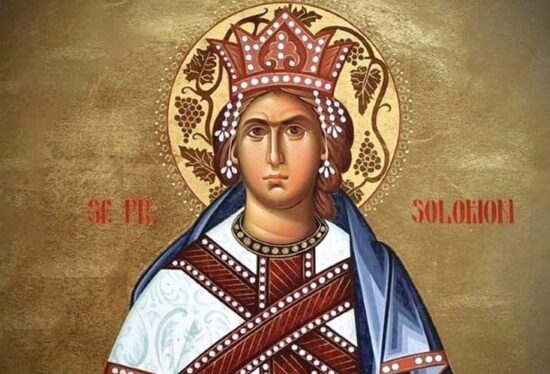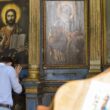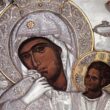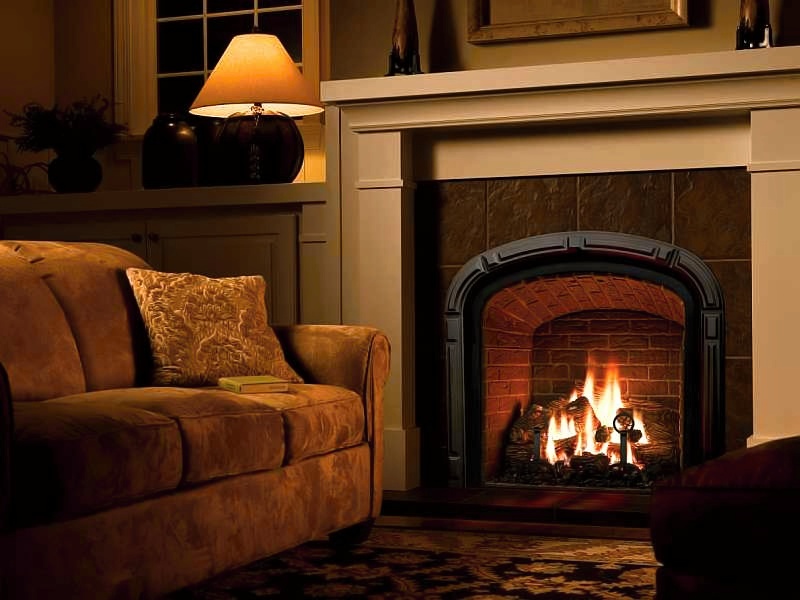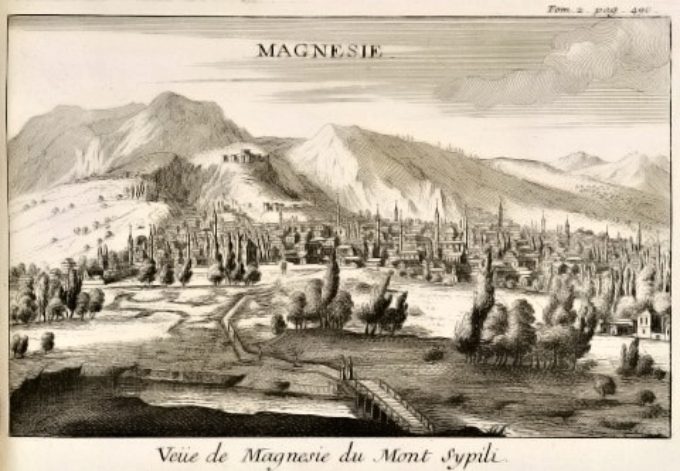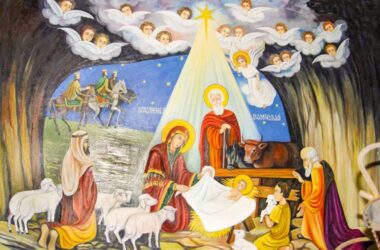Then one from the crowd said to Him, “Teacher, tell my brother to divide the inheritance with me.”
But He said to him, “Man, who made Me a judge or an arbitrator over you?”
And He said to them, “Take heed and beware of covetousness, for one’s life does not consist in the abundance of the things he possesses.”
Then He said to His disciples, “Therefore I say to you, do not worry about your life, what you will eat; nor about the body, what you will put on.
Life is more than food, and the body is more than clothing.
Consider the ravens, for they neither sow nor reap, which have neither storehouse nor barn; and God feeds them. Of how much more value are you than the birds?
And which of you by worrying can add one cubit to his stature?
If you then are not able to do the least, why are you anxious for the rest?
Consider the lilies, how they grow: they neither toil nor spin; and yet I say to you, even Solomon in all his glory was not arrayed like one of these.
If then God so clothes the grass, which today is in the field and tomorrow is thrown into the oven, how much more will He clothe you, O you of little faith?
And do not seek what you should eat or what you should drink, nor have an anxious mind.
For all these things the nations of the world seek after, and your Father knows that you need these things.
But seek the kingdom of God, and all these things shall be added to you.
Saint John Cassian, Monastic Institutions, Book V, Chapter 23, in Church Fathers and Writers (1990), vol. 57, p. 177.
“There are indeed three types of gluttony of the stomach: one that compels it to eat before the appointed mealtime, another that is content with merely filling and loading the stomach with any kind of food, and a third that seeks rarer and more luxurious dishes. Therefore, the monk must be governed by a triple concern against this, namely: first, to wait for the appointed time for the end of the fast, then to exercise moderation in his food, and lastly, to be satisfied with any kind of food, even the cheaper ones. Furthermore, anyone who indulges in something outside the customary and common rule is considered, according to the ancient tradition of the fathers, to be afflicted with the sickness of vain glory and pride.”
Saint Ambrose of Milan, Letters, Letter II, 15, in Church Fathers and Writers (1994), vol. 53, p. 31.
“Blessed is the one who has been able to uproot greed, the root of vices! Such a person will surely not fear the scales of the Last Judgment. Greed often weakens the sense of humanity and corrupts right judgment (1 Timothy 6:10), causing a person to think that even piety should bring profit, that wisdom should be rewarded. But the great reward of piety and the gain of moderation lies in having what is necessary.”
Source: http://ziarullumina.ro/

